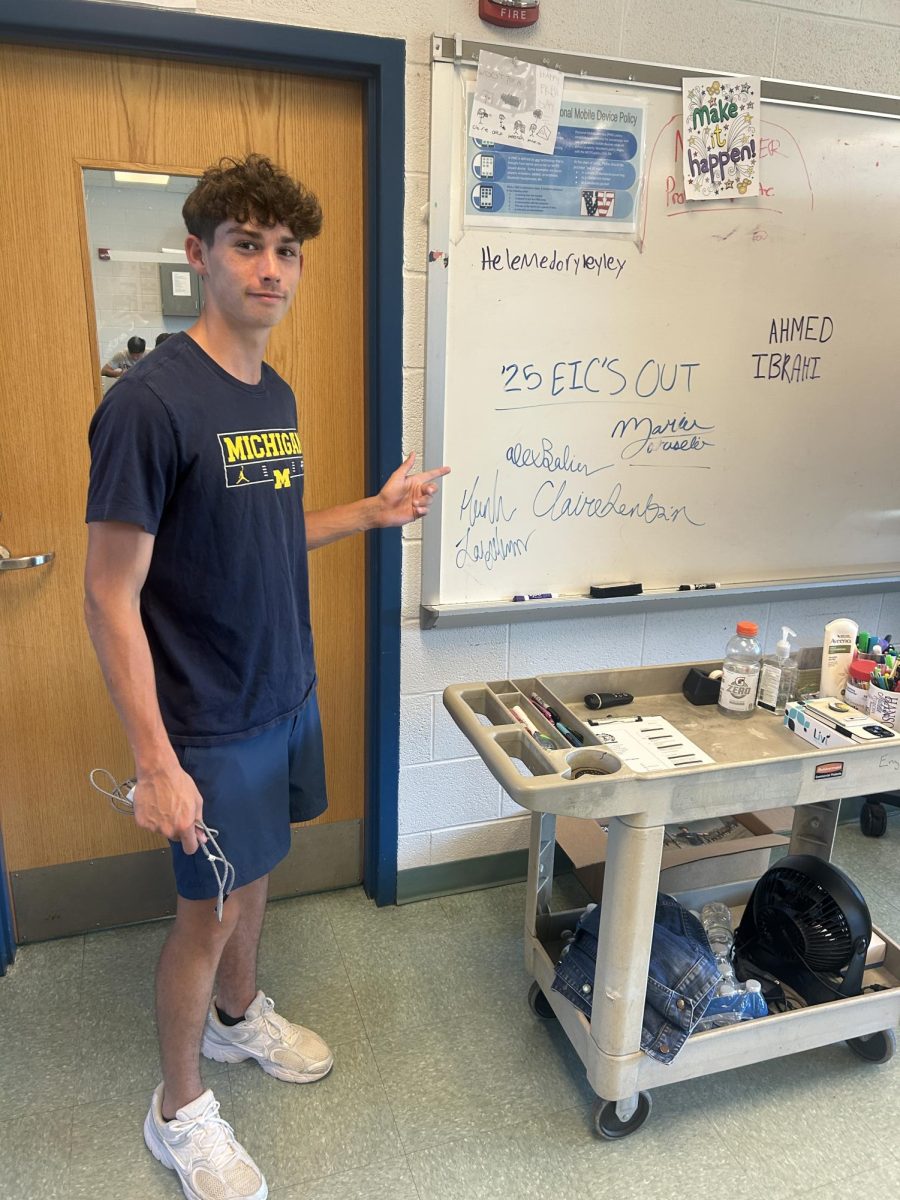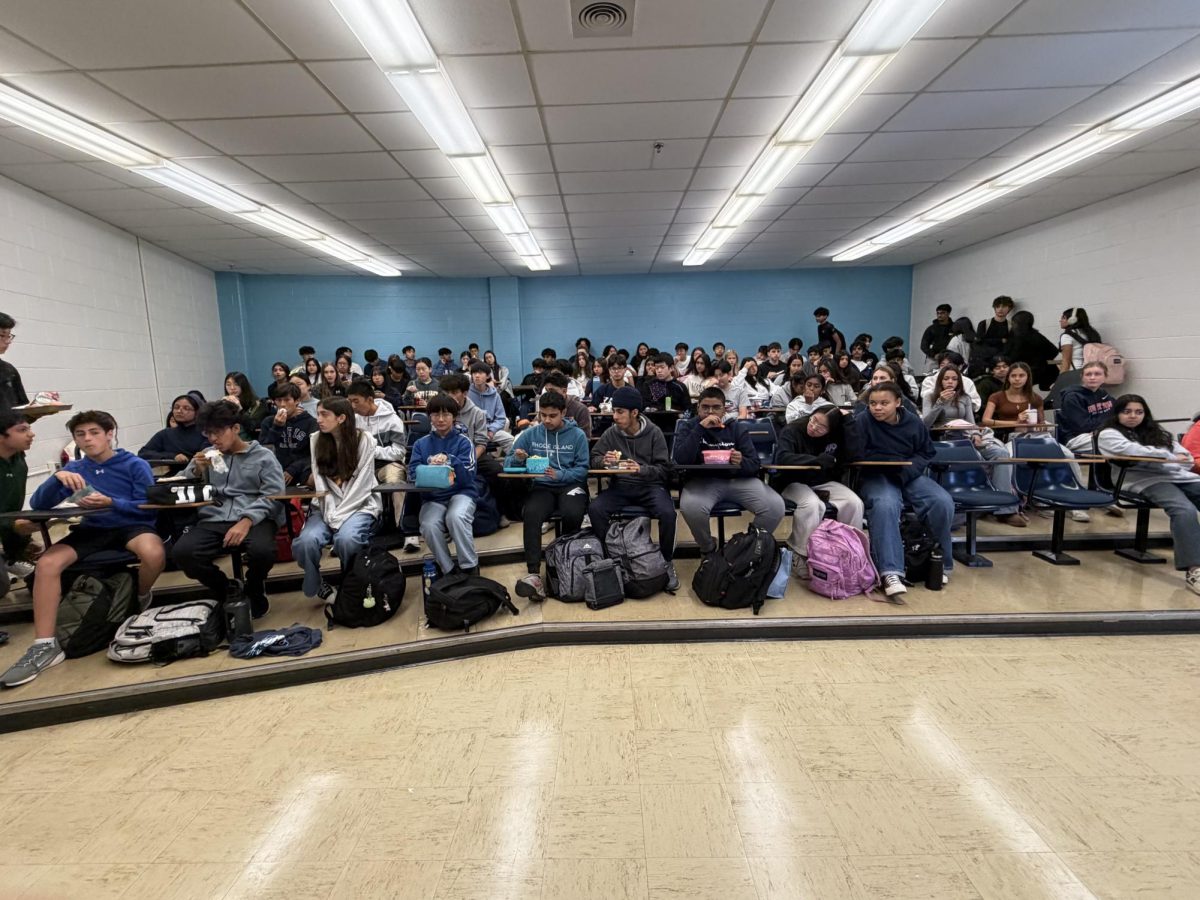Looking back on my experiences at this school, I would describe them as both challenging and transformative, but above all, essential to my growth as a student journalist. While I’ve always considered myself a reader and writer, my involvement with Common Sense pushed those interests into something different: a genuine passion for storytelling and investigation through journalism. Being a part of the paper, especially serving as an editor-in-chief, has shaped how I think, write and lead and it all began with Elizabeth Mehler telling me to sign up for journalism my freshman year.
My academic journey with English began in Honors English 9 with Nick Confino, a teacher who’s style I will never forget. In his class, we read “Of Mice and Men” and “Romeo and Juliet,” but what made the experience stick was how interactive and engaging the process was. We read together in class, acted out scenes and, for the first time, experienced thoughtful conversations in an academic setting. It was during that year that I first started viewing English not just as a subject, but as a lens to understand people and the world around me. That mindset would later become the backbone of my journalism work.
My sophomore year was less smooth. A concussion during soccer season left me sidelined for much of the fall, and it took a toll on my confidence, especially in English. But switching into Madi Osgood’s class the next semester turned things around. She was the first teacher to truly challenge me as a writer, not just praise what I already did well. She taught me the mechanics: how to craft clear arguments, support ideas with evidence and structure writing for impact. These skills became essential when I joined Common Sense. Writing articles wasn’t just about creativity, it was about being precise and responsible, and she gave me the tools to meet that standard.
During my junior year, I took AP Language and Composition and everything I had learned finally became applicable. The course was built around language and persuasion, which were tools I was now using regularly as a journalist. We wrote under time pressure, revised closely and analyzed arguments, which helped me improve not just my academic writing, but also my reporting.
By senior year, I was serving as editor-in-chief of Common Sense, a role that tested every skill I had learned and then some. Leading a newsroom meant more than just editing articles. It meant managing a team, responding to criticism, handling deadlines and sometimes standing up for the truth even when it was uncomfortable. Our group investigated real issues in our community, from school safety to cultural movements, to mistreatment in athletics, and I took those responsibilities seriously. I was constantly drawing on what I’d learned in English: how to analyze, how to frame arguments, how to write with a purpose.
Ultimately, my time at Wootton taught me how to think critically and write purposefully. But Common Sense gave me the chance to put those skills into action. It taught me what it means to inform, to advocate and to lead. Being editor-in-chief wasn’t always easy, but it was always worth it. And as I look ahead, whether I pursue journalism, communications or another path entirely, I know that the experiences I’ve had on the page, in the classroom, and in the newsroom will stay with me.








